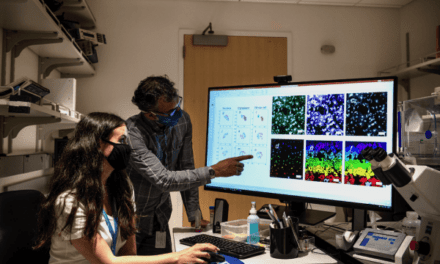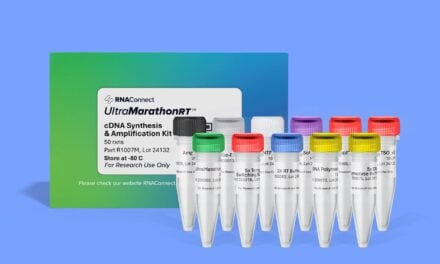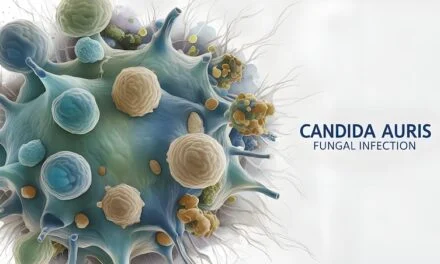The GeneSight test results led to faster initial remission and response in patients with major depressive disorder, with benefits persisting over six months.
A post-hoc analysis of the Precision Medicine in Mental Health Care (PRIME) study found that treatment informed by the GeneSight pharmacogenomic test led to faster initial remission and response in patients with major depressive disorder (MDD), with benefits persisting over six months.
The analysis, published in Frontiers in Pharmacology, showed that patients who took the GeneSight test were more likely at any given time during the 24-week study period to achieve remission and response compared to patients receiving usual care.
“Every single day matters to someone suffering from depression; patients want to get back to feeling like themselves as quickly as possible. As a result, a long trial-and-error period with medication can be frustrating for both clinicians and patients,” says Dale Muzzey, chief scientific officer at Myriad Genetics, in a release. “This post-hoc analysis shows that treatment informed by the GeneSight test led to faster remission and response in patients with MDD—and this benefit lasted for at least six months.”
The PRIME Care study enrolled 1,944 US veterans with depression to test whether GeneSight results improved treatment outcomes. Published in the Journal of the American Medical Association in 2022, it found patients whose clinicians had GeneSight results were significantly more likely to achieve remission over 24 weeks.
Study Design and Endpoints
The post-hoc analysis included veteran patients who had sufficient data to be included in the analysis, or 1,764 of the 1,944 veterans. The primary endpoints were the time of initial remission, defined as PHQ-9 ≤5, and response, defined as ≥50% reduction from baseline PHQ-9 score.
The new post-hoc analysis showed that patients who took the GeneSight test were at any given time during the 24-week study period relative to patients receiving usual care:
- 27% more likely to achieve remission from depression
- 21% more likely to experience response (at least a 50% reduction in depressive symptoms)
Myriad Genetics plans to submit these data to payers as part of its ongoing efforts to increase patient access to the GeneSight test and to help patients achieve remission from depression.
ID 154493821 © Theerapan Bhumirat | Dreamstime.com





